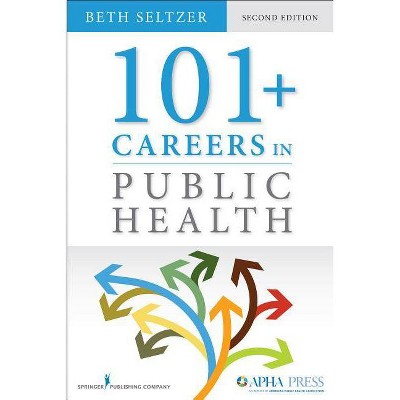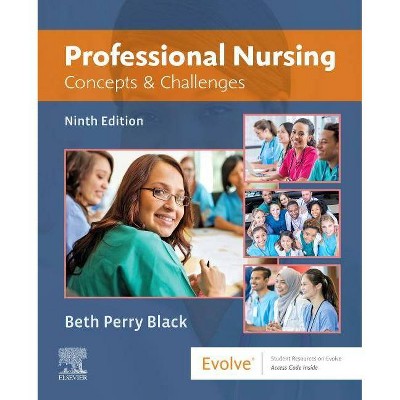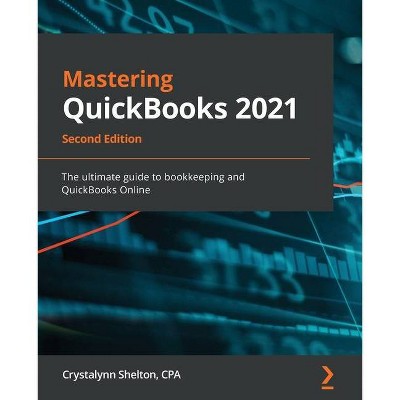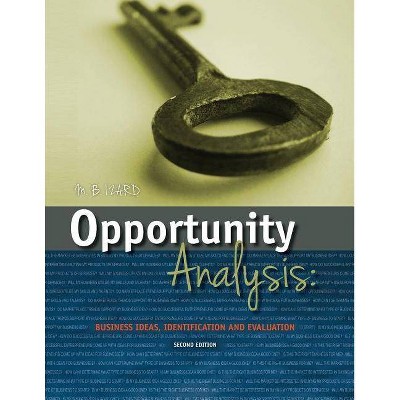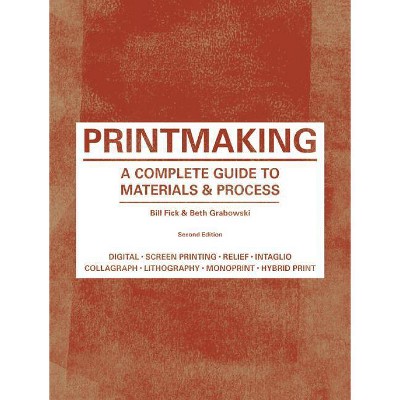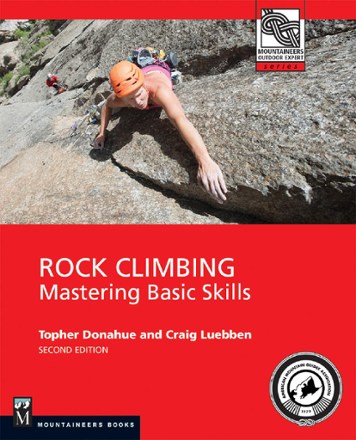Mastering Simulation, Second Edition - 2nd Edition by Janice Palaganas & Beth Ulrich & Beth Mancini (Paperback)
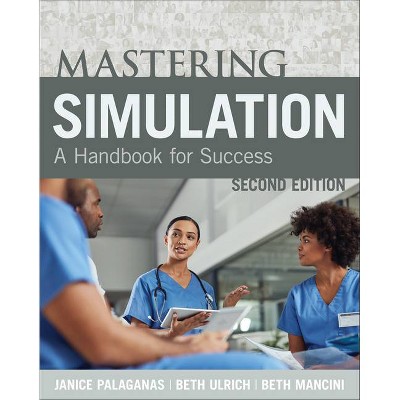
Similar Products
Products of same category from the store
AllProduct info
<p/><br></br><p><b> About the Book </b></p></br></br>Simulation is a critical healthcare education tool, but technology changes quickly, and faculty, students, and clinicians need to know how to respond. This book helps interdisciplinary instructors and practitioners understand and interact with simulation scenarios and environments.<p/><br></br><p><b> Book Synopsis </b></p></br></br><p>One of the biggest challenges we face in healthcare is how to educate and train healthcare professionals without endangering patients--especially when we are teaching the management of high-stakes situations such as codes, trauma care, chest pain, or anaphylactic shock, in which any delay in treatment threatens the outcome. Often, new healthcare practitioners enter their profession without ever having seen--much less gotten experience with--many high-risk/low-volume patient conditions.</p><p>The use of simulation is growing exponentially in academic and service settings. Simulation can enable students, new graduates, and experienced clinicians to develop clinical competence and confidence in caring for patients in a learning environment that is cognitively and emotionally realistic and safe for the learner--and does not compromise patient safety or outcomes. Simulation can be applied to many clinical situations--far more than a learner can be exposed to in a live clinical environment. Simulation activities need not be bound by one profession, time, or place. Simulation can be expanded to include the systems dynamics of care, interprofessional teamwork, and considerations for hospital technology and equipment at any point in the healthcare continuum.</p><p>In a clinical setting, simulation can be used to onboard new graduates and experienced staff. Simulation also offers the ability to objectively assess the performance of healthcare professionals based on a well-defined standard of practice. Many organizations carefully assess the competency and performance of new staff, but--other than perhaps yearly skills fairs--do little to ensure that existing staff continue to meet standards of practice and follow evidence-based and best practice processes and protocols. Renewing nursing or medical licenses generally requires only paying a fee and completing continuing education programs--<em>not </em>demonstrating continued competence. Simulation can be developed for continued development of staff and educators. Although we know much more about healthcare education today than we did 20 years ago, much has yet to be discovered. Research is changing healthcare practice on an almost daily basis. Simulation can be used to improve an organization's ability to ensure that all its clinicians maintain competence. Knowing is not doing. Simulation can demonstrate the successful application of knowledge. There is also growing evidence that simulation is effective in developing, assessing, and improving the performance of healthcare teams.</p><p> </p><p> </p><p> </p><p/><br></br><p><b> Review Quotes </b></p></br></br><br><p>"Mastering Simulation <em>by Beth Ulrich, Beth Mancini, and Janice Palaganas is a veritable treasure trove of useful ideas, practical insights, and underpinning conceptual frameworks that will help discerning simulation educators improve their practice, programs, and performance. Drawn from a who's who of US clinical simulation experts, the second edition's content is comprehensive, inclusive, and clearly presented. A welcome and definitive contribution to the scholarly practice of simulation in healthcare." </em></p><p>-Ian Curran, BSc, MBBS (London), AKC, FRCA (UK), Pg Dip Med Ed (Distinction), FFPMRCA (UK), FAcadMEd (UK), FSSH (USA), FRCP Edinburgh, FAOrthoA (Australia), FRCP (London), FAMS (Singapore)Vice Dean of Education, Duke-NUS Medical SchoolCo-Director, SingHealth, Duke-NUS, Academic Medical Education Institute</p><p><em>"An inspired vision of how we holistically transform our profession across the continuum of health to imagine how we fully embrace a world of technology, virtual presence, digital health, avatars, and adaptive learning--reshaping the economy, our lives, and our humanity. A brilliant work of art and science that creates a compelling case for a leap of faith into a new reality." </em></p><p>-Cole Edmonson, DNP, RN, NEA-BC, FACHE, FAONL, FNAP, FAANChief Experience and Clinical Officer, AMN Healthcare</p><p><em>"These renowned editors have thought of everything! From novice to expert simulationists, there is something for everyone. This book takes the reader through the various stages of simulation design and application, with considerations for both academic and clinical environments. The chapters on research, operations, and career building round out an already exceptional book. If you are involved in simulation, you must have this book on your shelf."</em></p><p>-Nicole Harder, PhD, RN, CHSE, CCSNEAssistant Professor, College of NursingMindermar Professor in Human Simulation, Rady Faculty of Health SciencesWinnipeg, Manitoba, CanadaEditor-in-Chief, <em>Clinical Simulation in Nursing</em></p><p><em>"I have watched the evolution of simulation since my initial exposure as a CPR instructor in the 1980s. The science of simulation has advanced significantly since that time, as demonstrated by the content of this invaluable text. Whether you are new to simulation or an expert, you will find this text to be a must-have resource."</em></p><p>-Kenneth W. Dion, PhD, MSN, MBA, RN, FAANAssistant Dean for Business InnovationJohns Hopkins School of Nursing</p><p>"Mastering Simulation <em>is truly, as the title states, a handbook for success. Too often healthcare organizations purchase expensive simulation equipment that sits unused. Nursing professional development practitioners--educators in healthcare settings--need this resource to guide decision-making before, during, and after equipment purchases. The focus on evaluating impact is essential in demonstrating the value of educational interventions to the organization."</em></p><p>-Mary G. Harper, PhD, RN, NPD-BCDirector of Professional DevelopmentAssociation for Nursing Professional Development</p><p> </p><br>
Price History
Price Archive shows prices from various stores, lets you see history and find the cheapest. There is no actual sale on the website. For all support, inquiry and suggestion messagescommunication@pricearchive.us
